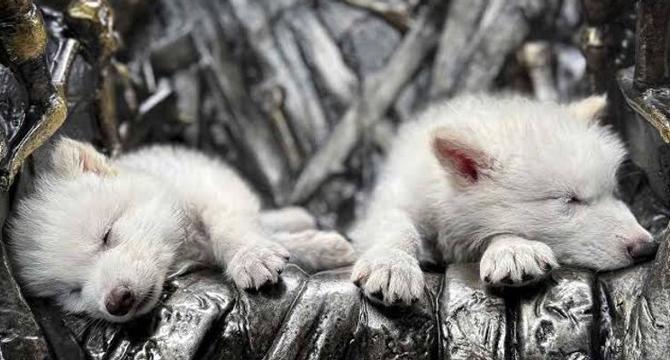Yourstory
1w
111

Image Credit: Yourstory
Reviving the Dire Wolf: A Leap in De-Extinction Technology
- U.S.-based biotech firm, Colossal Biosciences, has revived the dire wolf, a species extinct for 12,500 years, through genetic engineering, marking the world's first true de-extinction event.
- Using ancient DNA from fossils, Colossal reconstructed the high-quality genomes of dire wolves and edited modern gray wolf DNA to include key genetic variants unique to dire wolves.
- Three dire wolf pups, Romulus, Remus, and Khaleesi, were successfully born through the cloning process, exhibiting signature traits of their ancestors.
- The implications of de-extinction include conservation potential to bolster biodiversity and restore ecosystems, as well as ethical considerations and debate about the ecological impact and funding allocation.
Read Full Article
6 Likes
For uninterrupted reading, download the app